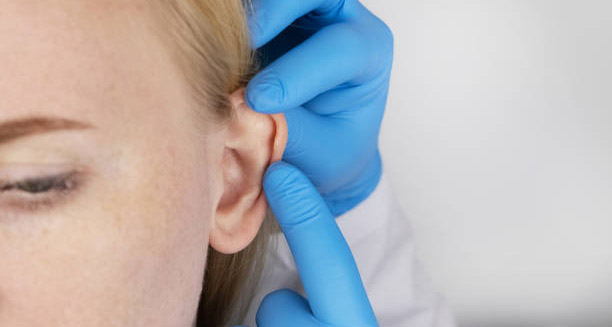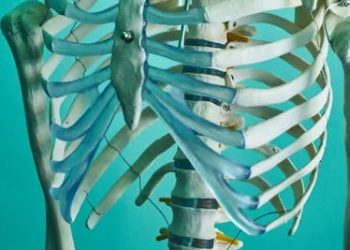Treatment of infected piercings focuses on eliminating the underlying infection, relieving symptoms, and preventing complications or loss of the piercing.
Catching an infection early makes a big difference. It helps the piercing heal faster and lowers the chance of problems. How you treat it depends on how bad the infection is, where it is on the body, and whether it has spread.
How to Handle Mild Infections
Mild infections often get better with good hygiene and local care. Clean the area twice a day with sterile saline solution. This washes away bacteria, reduces swelling, and helps the wound heal. You can also use mild antiseptics like diluted chlorhexidine, but stay away from harsh ones like alcohol or hydrogen peroxide. These strong chemicals can hurt the skin and slow down healing. Warm saline soaks help soften crusts and pull out small infections, especially in the earlobe or nose.
Keep the jewellery in place unless your doctor says otherwise. Taking it out too soon can close the hole and trap the infection inside. That makes things worse. If the jewellery causes irritation—like when it’s made of nickel—it might need to be swapped for something safer, such as titanium or surgical steel.
When Infections Get Worse
Sometimes, infections don’t improve with home care. If that happens, a doctor might prescribe antibiotic ointment like mupirocin. If the infection is spreading, oral antibiotics such as flucloxacillin or cephalexin may be needed. Doctors often start with general antibiotics, then adjust the treatment if test results show which bacteria are causing the infection.
If a painful lump filled with pus (called an abscess) forms, a doctor may need to drain it. They will make a small cut to let the pus out, reduce pressure, and help healing. This should never be done at home. Trying to pop or squeeze it can spread the infection and make things worse.
Treatment of Infected Piercings in Cartilage
Cartilage piercings, like those on the upper ear or nose, can be tricky. These areas don’t get much blood, so they don’t heal as well. If an infection sets in, it can quickly lead to tissue damage or permanent changes in shape. These cases need quick and strong treatment with oral antibiotics and close watching.
If you get a fever, feel very tired, or notice swollen lymph nodes, get medical help right away. These signs may mean the infection is spreading into the blood. This is very serious and may need hospital care with antibiotics through a drip. While this doesn’t happen often, it’s dangerous if ignored.
Allergic Reactions and Pain Relief
Sometimes, a reaction to the jewellery can look like an infection. If redness, itching, or swelling don’t get better with antibiotics and there’s no pus or fever, it might be an allergy. In that case, change to hypoallergenic jewellery. Your doctor may suggest allergy medicine or a mild cream to reduce swelling.
Pain relief is also important. Medicines like paracetamol or ibuprofen help with pain, swelling, and fever. They also help you rest better while your body heals.
Support Your Body While Healing
Your body heals better with the right support. Drink lots of water, get enough rest, eat healthy food, and stay away from smoking and alcohol. Try not to bump or pull the piercing. For example, avoid sleeping on a fresh ear piercing or doing heavy workouts that might affect a body piercing.
Sometimes, if nothing else works, the piercing may need to be removed. This is usually the last choice. If tissue damage, repeat infections, or scarring occur, a doctor may advise removing it. After healing, you can ask about re-piercing in the future.
After the Infection Clears
Even when the infection clears up, aftercare still matters. Keep cleaning the area gently for a few more weeks. Watch for signs of the infection coming back. If scarring or skin changes appear, you might ask a skin doctor for help. They can offer creams or other treatments to improve how the area looks.
In short, the treatment of infected piercings needs quick action, smart care, and a little patience. Whether it’s a mild problem or a severe case, there are many safe and effective options. Dealing with it the right way helps you keep the piercing and keeps your skin healthy too.


